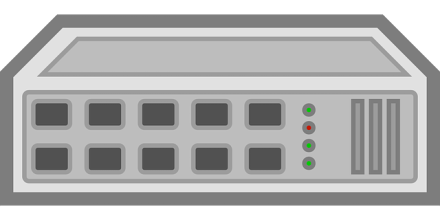Buying a server can be a daunting task, especially if you are not familiar with the various hardware options available. In this article, we will cover the different hardware options that you should consider when purchasing a server.
First and foremost, you need to decide on the type of server that you want to buy. There are several types of servers available, including web servers, application servers, database servers, and file servers, among others. Each type of server is designed to perform specific tasks, so it is important to choose the right one for your needs.
Once you have determined the type of server that you need, you can start considering the hardware options. One of the most important hardware components is the processor. The processor is responsible for executing instructions and performing calculations, so it is essential to choose a fast and powerful one. Some popular processor brands include Intel and AMD.
Another important hardware component is the memory (or RAM). The amount of memory that you need will depend on the type of server that you are buying and the workload that it will be required to handle. As a general rule, the more memory you have, the better the server will perform.
In addition to the processor and memory, you will also need to consider the storage options for your server. There are several types of storage options available, including hard disk drives (HDDs) and solid-state drives (SSDs). HDDs are typically cheaper, but they are slower and have a shorter lifespan compared to SSDs. SSDs, on the other hand, are faster and more durable, but they are also more expensive.
Another hardware component that you should consider is the network card. The network card is responsible for connecting your server to the internet and other devices on your network. You should choose a network card with a fast data transfer rate to ensure that your server is able to handle the workload.
Finally, you should also consider the power supply and cooling system for your server. The power supply ensures that the server has a stable and reliable source of power, while the cooling system helps to keep the server running at optimal temperatures.
In conclusion, when buying a server, it is important to carefully consider the hardware options available to ensure that you choose the best server for your needs. This includes the type of server, processor, memory, storage, network card, power supply, and cooling system. By taking the time to research and select the right hardware, you can ensure that your server is able to handle the workload and perform at its best.
